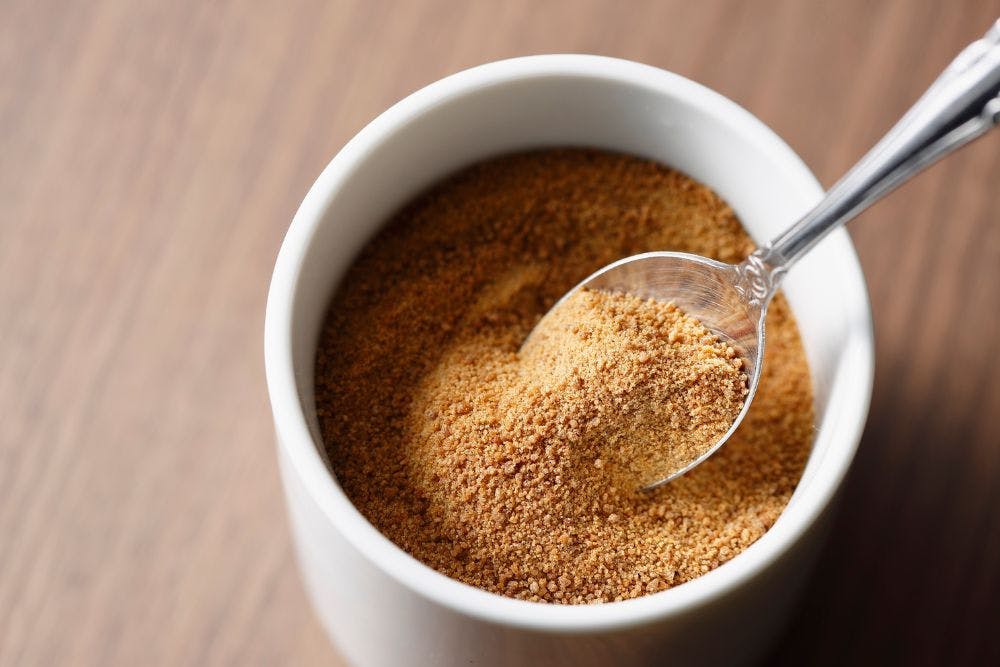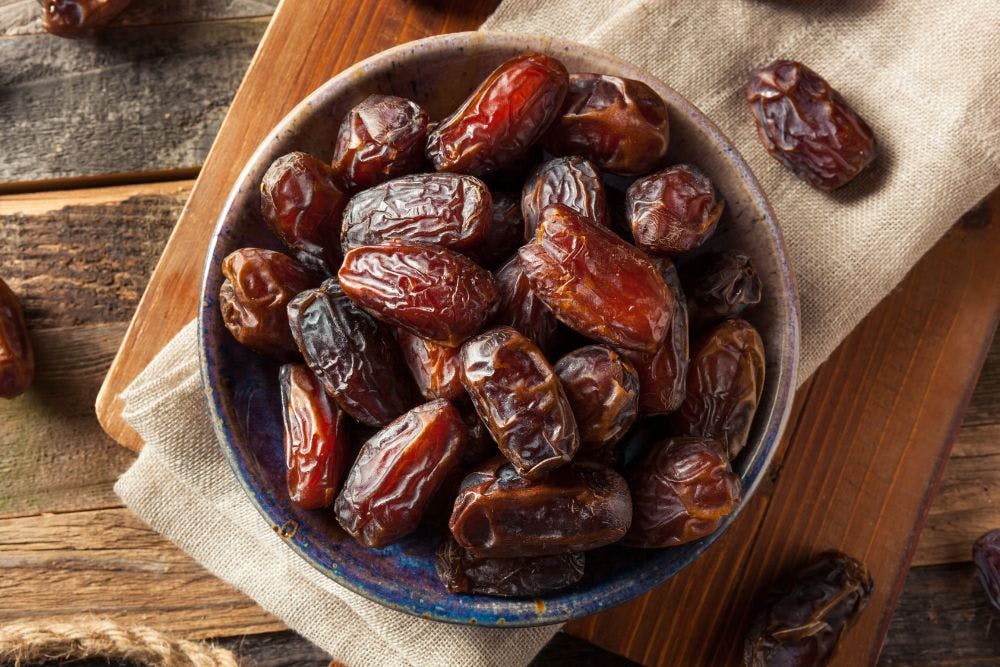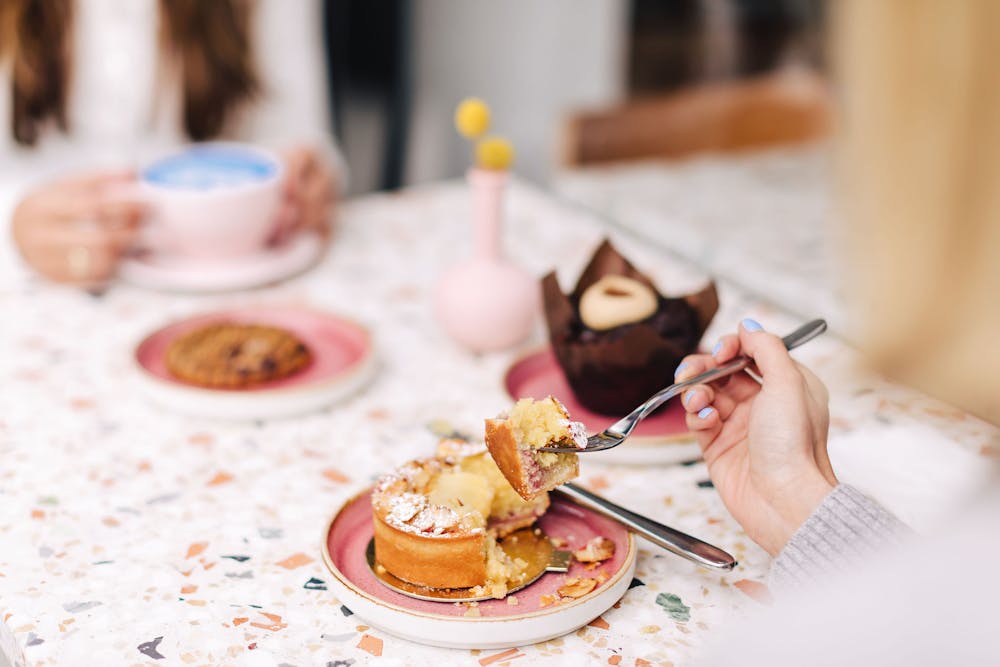Sugar Replacement in Baking: A Guide for Home Cooks
If you love baking but want to make it a little healthier, exploring sugar replacement in baking is the perfect place to start.
You can still enjoy cookies, banana bread, or muffins with all their flavor, just made with better-for-you ingredients that bring balance and nutrition.
By swapping refined sugar for natural or low-calorie alternatives, you can reduce added sugar while keeping your recipes sweet, moist, and satisfying.
Let’s explore some of the best substitutes you can use in your favorite baked treats and discover how small changes can make a big difference.
Common Sugar Substitutes for Baking
There’s no single rule when choosing a sugar replacement in baking. Each option adds its own flavor, texture, and sweetness level. The best approach is to experiment and find what works best for your favorite recipes.
Below are some of the most popular substitutes and how to use them at home.
Brown Sugar

Brown sugar adds depth and moisture to baked goods because of its molasses content. If you are not ready to give up sugar completely, switching from white sugar to brown is a simple upgrade that adds more flavor and trace minerals.
It works beautifully in cookies, banana bread, and muffins, creating a soft texture and a warm, caramel-like taste.
Stevia
Stevia is one of the most common zero-calorie sweeteners. It is plant-based, very sweet, and perfect for anyone who wants to reduce calories without losing sweetness.
Start with small amounts to avoid bitterness, and remember that a little goes a long way. Stevia blends well in cakes, brownies, and quick breads.
Monk Fruit Sweetener
Monk fruit sweetener comes from a small green melon native to Asia. It is another natural, calorie-free alternative that has become very popular among mindful bakers.
This sweetener blends easily into muffins, pancakes, and cheesecakes without changing the texture. It does not raise blood sugar levels, which makes it ideal for low-glycemic and keto-friendly baking.
Dates

Dates are a naturally sweet fruit packed with fiber, potassium, and antioxidants. When blended or finely chopped, they make a wonderful natural sweetener for baking.
You can add them to muffins, cookies, or energy bars to create a soft texture and rich, caramel-like flavor. Dates bring natural sweetness and real nutritional benefits to your favorite recipes.
Coconut Sugar
Coconut sugar is a natural sweetener made from the sap of coconut palms. It has a mild caramel flavor and a low glycemic index, which makes it one of the most popular sugar replacements in baking.
You can use it as a one-to-one substitute for regular sugar in cakes, brownies, and frostings. It’s an easy way to reduce refined sugar while keeping your baked goods flavorful and comforting.
Other Sweeteners You Can Use
Natural liquid sweeteners can also be used as sugar replacements in baking. They add moisture and subtle flavors that enhance your favorite recipes.
Honey
Honey adds both sweetness and moisture to your baking. It’s rich in antioxidants and has antibacterial properties, making it a natural and functional sweetener.
Use three-fourths of a cup of honey for every cup of sugar and reduce other liquids slightly to maintain texture. It’s ideal for quick breads, muffins, and glazes.
Maple Syrup
Maple syrup brings natural, earthy sweetness with delicate caramel notes. It works beautifully in pancakes, muffins, and banana bread.
Choose 100% pure maple syrup to benefit from its antioxidants and minerals.
Fruit Concentrates
Fruit concentrates, such as apple or pear, add gentle sweetness and a hint of fruit flavor. They are a natural choice for muffins, granola, and quick breads.
These options provide natural sugars and nutritional benefits, making them a great way to sweeten your baking without refined ingredients.
The Healthiest Sweeteners for Baking
If you want to cut back on added sugar but keep your favorite desserts delicious, the healthiest sweeteners combine flavor, nutrients, and a natural origin.
Some of the top options include:
1. Monk for zero calories and no impact on blood sugar.
2. Honey and maple syrup for their antioxidants and minerals.
3. Coconut sugar or dates for extra fiber and a gentle sweetness.
The best sugar replacement in baking is the one that fits your taste, your recipe, and your wellness goals.
Try Parakeet Healthy Bakery

If you want to experience what mindful sweetness truly tastes like, visit Parakeet Café’s Healthy Bakery.
Every pastry is made from scratch with:
1. Organic, local, and unprocessed ingredients.
2. Recipes lightly sweetened for natural balance.
3. French-inspired creations with a California wellness touch.
4. Vegan and gluten-free pastries that taste as indulgent as traditional ones.
5. No preservatives, artificial flavors, or seed oils.
6. High-quality butter from Normandy, France, known for its rich flavor and exceptional purity.
From croissants and danishes to wholesome banana bread and cookies, Parakeet transforms the art of baking into a wellness ritual.
Visit one of our California cafés or order online to enjoy the experience from home.
FAQs
What sugar substitute is better for baking?
Monk fruit and stevia are great choices because they sweeten without calories or raising blood sugar. For a more natural taste, try coconut sugar, honey, or maple syrup.
What can I replace sugar with for baking?
You can replace sugar with honey or unsweetened applesauce. These ingredients add moisture, sweetness, and nutritional benefits while reducing refined sugar intake.
What is a substitute for 1 cup of sugar?
Replace one cup of sugar with three-fourths of a cup of honey or maple syrup. If you use a granulated option like coconut sugar or erythritol, substitute it in equal amounts.
